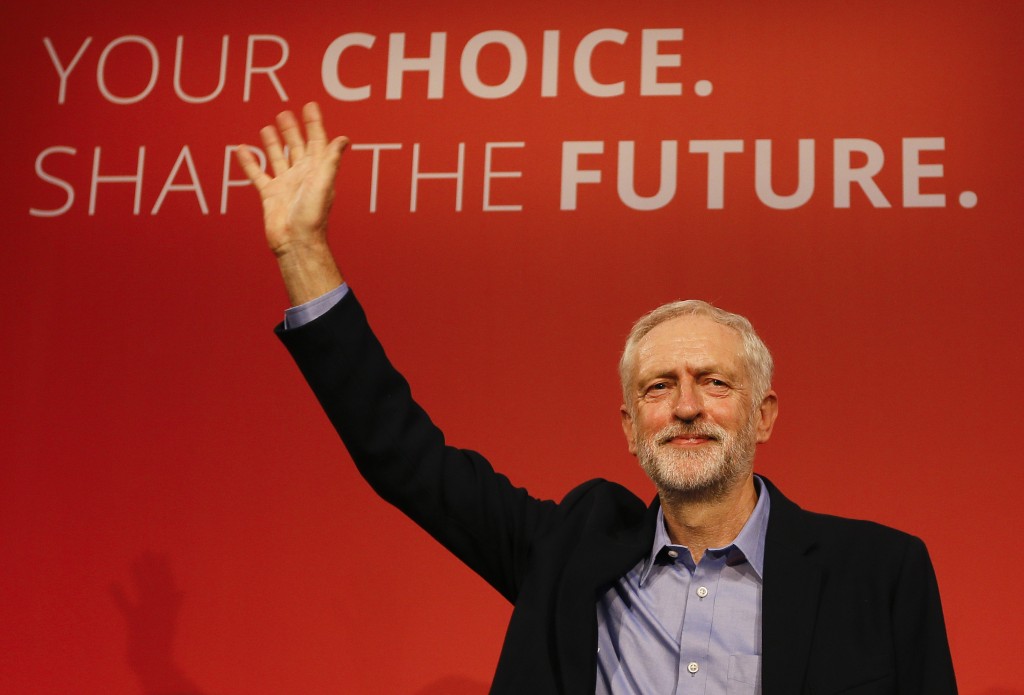Jeremy Corbyn’s margin of victory was astounding and is evidence of just how much can change in a short space of time
No matter what declarations are made by Britain’s politicians, political commentators and reporters over the next few days, one fact cannot be ignored following Jeremy Corbyn’s election as the Labour Party’s new leader — the margin of victory.
It was a landslide. The 66-year-old scored almost 60 percent of first-preference votes, with his nearest rival, Andy Burnham, trailing on 19 percent. The Burnham campaign’s Twitter account summed up their disappointment in a four-letter one-word (now deleted) tweet as the result was announced. (It began with an “f”).
Six months ago, no one would have dreamed of this turn of events — at one point in the race, Labour’s new leader was 100/1 to win. Corbyn has gone from being a vocal yet relatively unknown backbencher to a political A-lister, with a huge mandate from Labour’s growing membership to stand up and fight the Conservative government’s austerity programme.
Of late, Labour has shied away from denouncing Downing Street’s plans, for fear of being seen as financially irresponsible by the electorate. But a considerable chunk of the 550,000 voters eligible to vote — many of them new members who paid three pounds to sign up — have just told the party to plant a flag in the ground. No more, they say. And those Labour voters are not alone in Britain, of course —north of the border, the Scottish National Party capitalized on such sentiments back in May.
Many of the seats that handed the Tories victory in May were swings from the Liberal Democrats, not Labour.
Many began writing Labour’s obituary the moment Corbyn emerged as favourite and the next couple of days will inevitably see much of the British and international press fill column inches with the reasons why Labour are now unelectable.
Certainly, with his proposed policies, it’s difficult to see how Corbyn could win over the 100 or so Conservative seats he would need to win a general election. Many of the seats that handed the Tories victory in May were swings from the Liberal Democrats, not Labour.
But truthfully, all this is years away. Writing obituaries is dangerous – who knows what may happen or what state the world will be in by then? The history of politics is filled with upsets and surprises.
Since the last election, Labour has been toothless, directionless and frankly, has stood for little. Corbyn, fronting the opposition benches in the House of Commons, will give Labour an identity and something to stand for, even if his party’s heavyweights desert his Shadow Cabinet.
One interesting thing to watch especially will be Corbyn’s exchanges with Chancellor of the Exchequer George Osborne, the architect of David Cameron’s austerity push and his possible future opponent at the next general. Should either of them make it that far.
Five years is a long time in life, let alone in politics…
@URLgoeshere
An edited version of this column was published in the Buenos Aires Herald, on Sunday, September 13, 2015 as part of the ‘Perceptions’ series.
Link: http://www.buenosairesherald.com/article/198642/rendering-old-labour-new.

